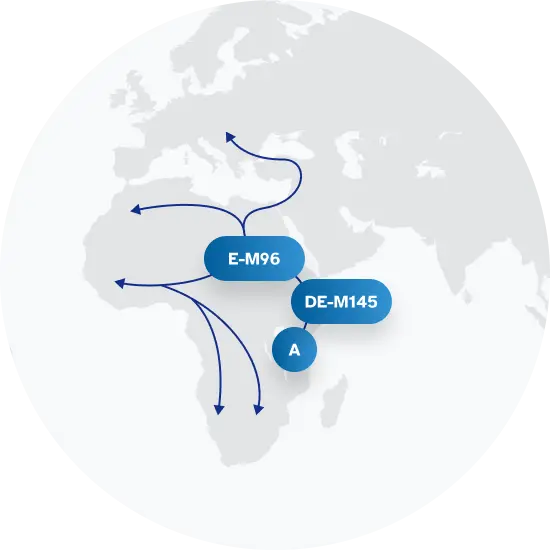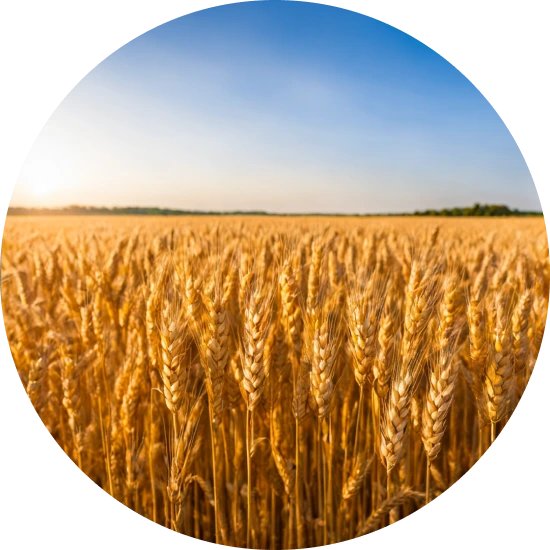Explore the Family Name Shuster
How common is the last name Shuster in the United States?
Based on the Decennial U.S. Census data, the surname Shuster has experienced a slight decrease in popularity between 2000 and 2010. In 2000, it ranked as the 7085th most popular surname, but by 2010, it fell to the 7515th position, marking a decline of 6.07%. Despite this drop in rank, the actual count of people with the surname increased from 4353 in 2000 to 4428 in 2010, showing a moderate growth of 1.72%. However, when calculated as a proportion per 100,000 people, there was a reduction of 6.83%, indicating that the overall popularity of the surname Shuster is slightly decreasing.
| 2000 | 2010 | Change | |
|---|---|---|---|
| Rank | #7,085 | #7,515 | -6.07% |
| Count | 4,353 | 4,428 | 1.72% |
| Proportion per 100k | 1.61 | 1.5 | -6.83% |
Race and Ethnicity of people with the last name Shuster
When discussing the ethnic identity associated with the surname Shuster, the Decennial U.S. Census data reveals that the majority identifies as "White". The percentage decreased marginally from 96.23% in 2000 to 95.33% in 2010. The numbers of those who identify as Hispanic or Black saw significant increases over the decade, rising by 55.63% and 65.22% respectively, although they still make up a small fraction of the total. The proportion of individuals identifying as Asian/Pacific Islander and American Indian and Alaskan Native underwent decreases. Meanwhile, those identifying with two or more races saw a modest increase of 10.26%.
| 2000 | 2010 | Change | |
|---|---|---|---|
| White | 96.23% | 95.33% | -0.94% |
| Hispanic | 1.42% | 2.21% | 55.63% |
| Two or More Races | 1.17% | 1.29% | 10.26% |
| Asian/Pacific Islander | 0.57% | 0.54% | -5.26% |
| Black | 0.23% | 0.38% | 65.22% |
| American Indian and Alaskan Native | 0.37% | 0.25% | -32.43% |
Shuster ancestry composition
23andMe computes an ancestry breakdown for each customer. People may have ancestry from just one population or they may have ancestry from several populations. The most commonly-observed ancestry found in people with the surname Shuster is Ashkenazi Jewish, which comprises 34.0% of all ancestry found in people with the surname. The next two most common ancestries are British & Irish (26.4%) and French & German (17.6%). Additional ancestries include Eastern European, Italian, Scandinavian, Spanish & Portuguese, and Japanese.
Ready to learn more about your ancestry? Get the most comprehensive ancestry breakdown on the market by taking our DNA test. Shop 23andMe
| ANCESTRY BREAKDOWN | COMPOSITION |
|---|---|
| Ashkenazi Jewish | 34.0% |
| British & Irish | 26.4% |
| French & German | 17.6% |
| Other | 22.1% |

Possible origins of the surname Shuster
Your DNA provides clues about where your recent ancestors may have lived. Having many distant relatives in the same location suggests that you may all share common ancestry there. Locations with many distant relatives can also be places where people have migrated recently, such as large cities. If a large number of individuals who share your surname have distant relatives in a specific area, it could indicate a connection between your surname and that location, stemming from either recent ancestral ties or migration.
Based on 23andMe data, people with last name Shuster have recent ancestry locations in the United Kingdom of Great Britain and Northern Ireland and Ireland.
| RECENT ANCESTRY Location | Percentage |
|---|---|
| Greater Manchester, United Kingdom | 57.90% |
| Merseyside, United Kingdom | 57.90% |
| Greater London, United Kingdom | 57.90% |
| Glasgow City, United Kingdom | 57.00% |
| West Midlands, United Kingdom | 56.20% |
What Shuster haplogroups can tell you
Haplogroups are genetic population groups that share a common ancestor on either your paternal or maternal line. These paternal and maternal haplogroups shed light on your genetic ancestry and help tell the story of your family.
The top paternal haplogroup of people with the surname Shuster is E-M5021, which is predominantly found among people with European ancestry. Haplogroup E-M5021 is descended from haplogroup E-M96. Other common haplogroups include R-P312 and I-Z58, which are predominantly found among people with European and European ancestry. Other surnames with similar common haplogroups are: Hack, Fleischer, Pine, Pollak, Lesser, Alberts, Hesse, Esser, August, Behm.
The most common maternal haplogroups of people with Shuster surname are: K1a1b1a, H1, H. These most commonly trace back to individuals of European ancestry.
 Paternal Haplogroup Origins E-M96
Paternal Haplogroup Origins E-M96
Your paternal lineage may be linked to early European farmers
If you have haplogroup E1b1b1, your paternal line stems from a branch of E-M215 called E-M5021. Men bearing this lineage migrated from the Balkans to southwestern Europe during the spread of agriculture by early farmers in the agricultural revolution, which began about 10,000 years ago in the Fertile Crescent. Early members of haplogroup E1b1b1, some of the world's first farmers, had a competitive advantage over native men, who didn't have farming technology. As a result of this advantage, haplogroup E1b1b1 became widespread and populous during the agricultural revolution. The effects of this ancient advantage are still seen today, with haplogroup E1b1b1 being represented from Portugal and Spain to Palestine, southern Africa, and Russia.
Your maternal lineage may be linked to Marie Antoinette
Because it is so dominant in the general European population, haplogroup H also appears quite frequently in the continent's royal houses. Marie Antoinette, an Austrian Hapsburg who married into the French royal family, inherited the haplogroup from her maternal ancestors. So did Prince Philip, Duke of Edinburgh, whose recorded genealogy traces his female line to Bavaria. Scientists also discovered that famed 16th century astronomer Nicolaus Copernicus traced his maternal lineages to haplogroup H.

What do people with the surname Shuster have in common?
Spoiler alert: it's complicated. People with the same last name are usually no more genetically similar than a randomly sampled group of people from the same population. That said, people with the same surname are more likely to have similar ancestries than randomly sampled individuals. The reason is the tendency of people with similar cultural or geographical backgrounds to preferentially mate with one another. That's why people who share a surname may be more likely to share traits and tendencies in common than people within the general population. Check out the percentages below to see the prevalences of tastes, habits, and traits of people with your surname compared with prevalences among 23andMe users.
Preferences
Traits
Habits
Wellness

Migraine
A severe headache characterized by intense pain, sensitivity to light and sound, and often accompanied by nausea and vomiting.
"Shuster" Surname 18.4%
23andMe Users 16.4%
Are health conditions linked to the last name Shuster?
The short answer is that, if there is an association between surname and health, it's usually more about your ancestry than your name. Individuals with a given surname are no more genetically similar than the general population but often have similar ancestries. The populations of people associated with those shared ancestries often have sets of genetic variations, also known as alleles, in common. Some of those alleles are associated with a greater likelihood of developing certain diseases.
Disease variant frequency by ancestry
Disease allele frequencies in populations associated with the surname Shuster are shown below. Important Note: not everyone with a disease allele will develop these health condition













